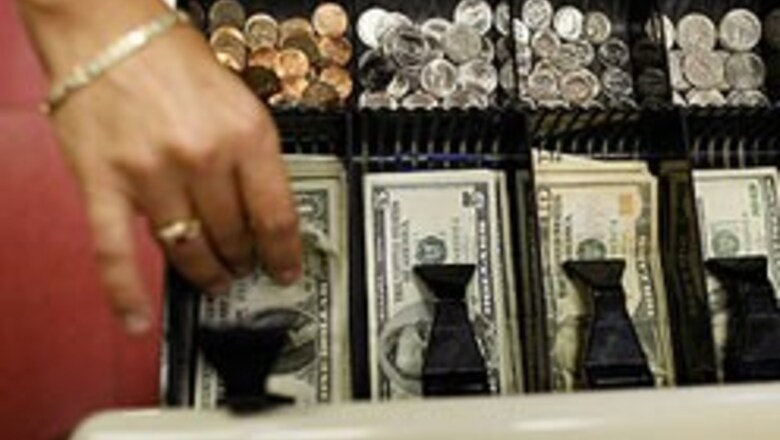
views
Mexico City: Rising food prices around the world are likely to drive poor women to trade sex for basic goods like fish and cooking oil, raising the risk of new AIDS infections, UN officials said on Monday.
Delegates at a major AIDS conference in Mexico cited the cases of fisherwomen in the Pacific and women in Kenya desperate for food being forced to sell their bodies, adding to concerns of a new twist in the spread of the deadly pandemic.
"Food is such a basic need that you can see people really going to great lengths," said Fadzai Mukonoweshuro of the UN's Food and Agriculture Organization in southern Africa.
Climbing food prices — due to increased use of biofuels, the growing demand for grains to feed a booming Asia, droughts and market speculation — caused 50 million more people to go hungry last year compared to the year before, the United Nations said.
"That might lead to various distress responses, one of which on the part of women is having transactional sex to feed their kids," Stuart Gillespie of the International Food Policy Research Institute said.
"Recent studies in Botswana, Swaziland, Malawi, Zambia and Tanzania have shown associations between acute food insecurity and unprotected transactional sex among poor women," he said.
Overfishing of tuna in the Pacific has forced Papua New Guinea fisherwomen to abandon their smaller craft and join the crew of larger boats, where they trade sex for food scraps, the officials and delegates said.
Such "fish for sex" deals are also common in Kenya on the shores of Lake Victoria, where women fish traders meet incoming boats and sleep with fishermen for a favorable price. Experts at the conference, a biennial gathering of global medical experts and government officials, also said malnutrition increased the risks for people already infected with AIDS, experts added.
HIV drugs can upset the stomach if taken without food and AIDS patients, many also infected with tuberculosis, need more nutrients and calories.
Without enough food they are more likely to die, said Martin Bloem, chief nutritionist at the World Food Program.
Soaring food and other commodity prices might hinder the fight against AIDS.
"We really need to watch this very carefully. We are in a situation of rising oil prices, rising food prices and at the same time the cost of AIDS is going up along with new infections," said Kevin De Cock, director of the anti-AIDS program at the World Health Organization.
Attacking both hunger and the disease at the same time can bring special challenges. In Zimbabwe, some villages will reject food aid if they think it is destined for AIDS patients, claiming it is contaminated, Mukonoweshuro said.
The human immunodeficiency virus infects 33 million people globally, half of them women, and kills 2 million annually.














Comments
0 comment